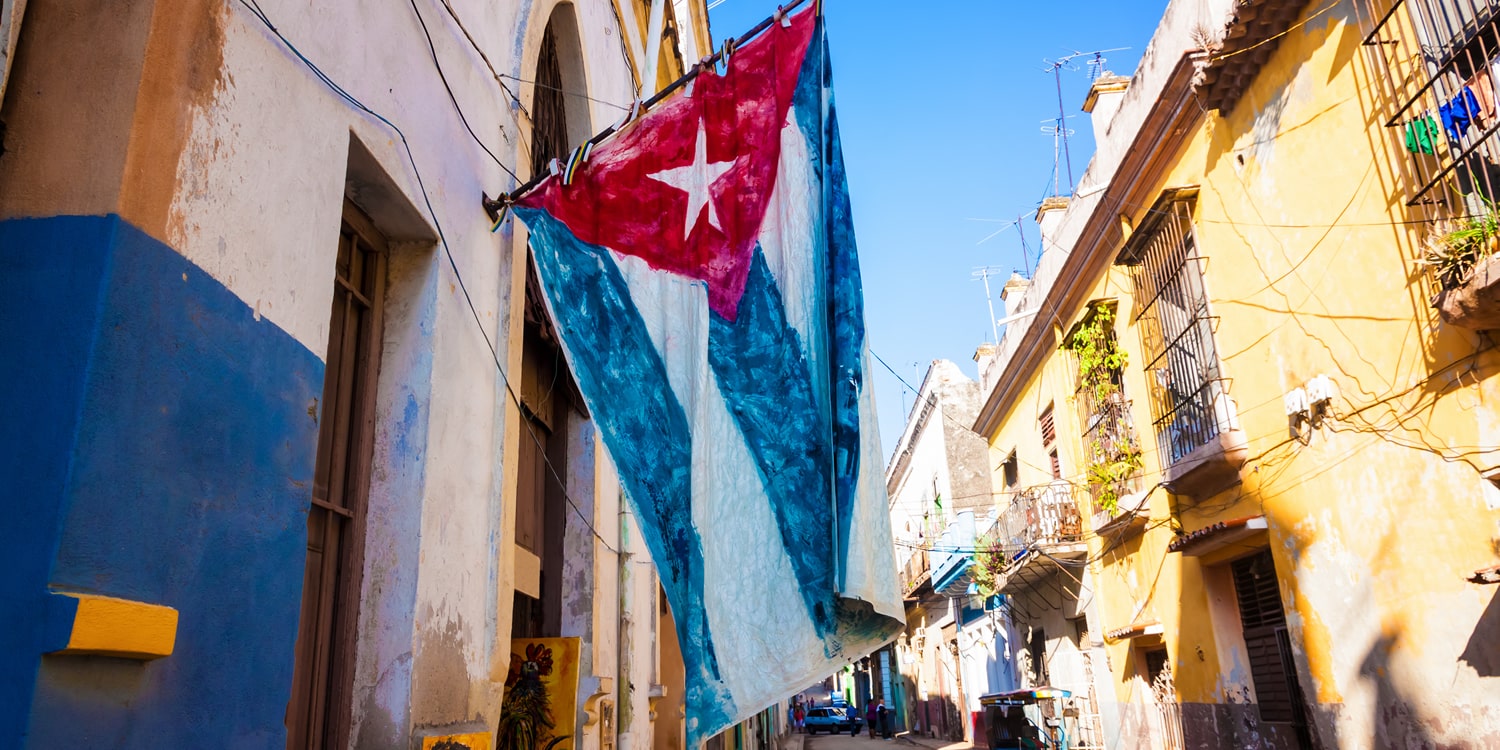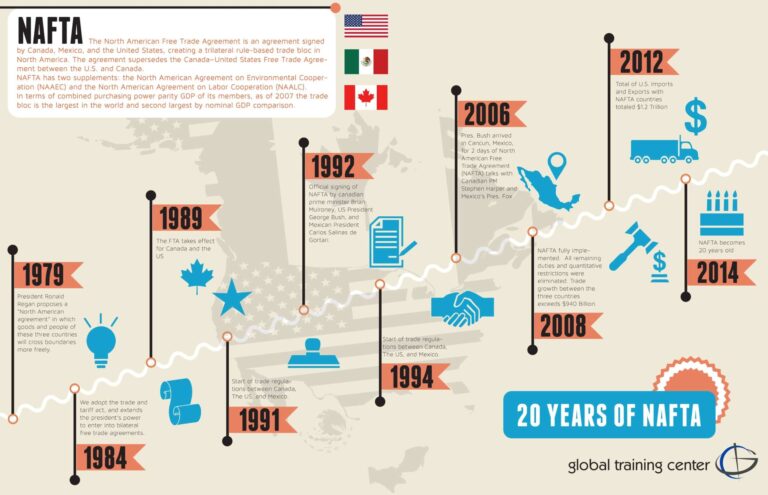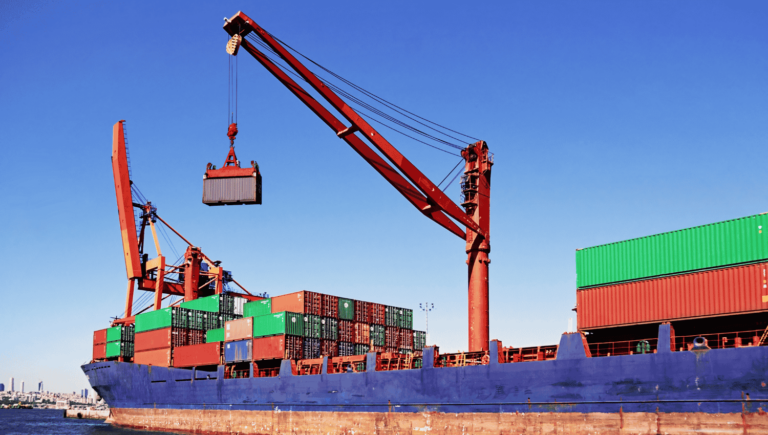Top 10 changes with Cuba as a result of new revised OFAC and BIS regulations
As of January 27th, 2016, both OFAC and the BIS have amended their regulations again, and below details the top 10 changes as a result. The last update was on September 21, 2015, and can be found here. While the United States maintains its broad embargo on trade with Cuba, OFAC and BIS have released amendments to the Cuban Assets Control Regulations designed to advance President Obama’s policy to engage and empower the Cuban people. The new changes, which can be found here and here, expand the scope of authorized business and travel by U.S. person and companies inside of Cuba. These changes were put into place to help facilitate engagement between the U.S. and Cuba. Click here to read FAQ’s related to Cuba from the OFAC.
Below we’ve providing you with a detailed summary of the top 10 significant changes:
- Export Trade Financing
- OFAC has amended sections of the regulations removing former restrictions on payment and financing terms for all exports from the U.S. or re-exports of 100% U.S. origin items authorized by the Department of Commerce, other than exports of agricultural items or commodities. – 515.533(a)
- The amended rules will allow for financing of export trading through U.S. banks. Prior to the amendments, financing was required to be cash in advance or third country financing. – 515.584, and §515.421
- Travel from the United States to Cuba
- OFAC has amended the regulations to authorize entry of U.S. Nationals into blocked space, code-sharing, and leasing arrangements. This is an effort to facilitate the provision of air carriers authorized by section 515.572(a)(2), which includes entry into arrangements with a national of Cuba. – 515.572
- The amended regulations have expanded upon authorized temporary trips to Cuba by explicitly authorizing travel-related transactions directly incident to the facilitation of temporary sojourn aircraft and vessels. – 515.533
- Informational materials related to artistic and media productions
- OFAC has expanded the general license authorizing travel-related and other transactions that are directly incident to the export, import, or transmission of informational materials to include professional media or artistic productions in Cuba. Artistic productions include movies, television programs, music recordings, and artworks. – 515.545
- These amendments include the employment of Cuban nationals and the remittance of royalties or other payments. –515.206
- Organization of professional meetings, conferences, and workshops
- Travel related and other transactions to organize professional meetings or conferences in Cuba are now authorized by OFAC. – 515.564
- Sports competitions, workshops, and performances
- Amateur and semi-professional international sports federation competitions and public performances, clinics, workshops, other athletic or non-athletic competitions, and exhibitions are also now authorized in Cuba under the amendments. – 515.567
- Requirements that profits be donated
- The previously existing requirements for certain events that all U.S. profits be donated to an independent nongovernmental organization in Cuba, or a U.S. based charity, and that workshops and clinics be run by an authorized traveler are now lifted. – 515.567
- Disaster Preparedness and Response
- The list of authorized humanitarian projects has been expanded by OFAC to include projects that focus upon disaster preparedness, relief, and response. –515.575
- Authorized humanitarian projects include the following projects:
- Medical and health-related projects;
- Construction projects intended to benefit legitimately independent civil society groups;disaster preparedness, relief, and response;
- historical preservation;
- environmental projects;
- projects involving educational training on the following topics: entrepreneurship and business; civil education; journalism; advocacy and organizing; adult literacy; vocational skills;
- community based grassroots projects;
- projects suitable to the development of small-scale private enterprise;
- projects that are related to agricultural and rural development that promote independent activity;
- micro-financing projects (except for financing prohibited by §515.208); and
- projects to meet basic human needs. – §515.575(b)
- Loosening of the licensing policy for the export and re-export of certain items to Cuba through case-by-case review
- BIS has also adopted a case-by-case review policy for exports and re-exports of certain items that meet the needs of the Cuban people. This includes exports and re-exports for such purposes made to state-owned enterprises, agencies, and organizations of the Cuban government that provide goods and services for the use and benefit of the Cuban people.
- The following items will be reviewed on a case-by-case basis:
- agricultural production; artistic endeavors (including the creation of public content, historic and cultural works and preservation); education; food processing; disaster preparedness, relief and response; public health and sanitation; residential construction and renovation; public transportation;
- construction of facilities for treating public water supplies; facilities for supplying electricity or other energy to the Cuban people; sports and recreation facilities; and other infrastructure that directly benefits the Cuban people; and
- wholesale and retail distribution for domestic consumption by the Cuban people.
- Switch of licensing policy from case-by-case review to general policy of approval for certain items
- BIS has revised its licensing policy from possible approval on a case-by-case basis to a general policy of approval for exports/re-exports for commodities that involve telecommunications, civil society, news gathering, agricultural items, and civil aviation safety.
- A general policy of denial will still apply to applications to export or re-export certain other items
- Items for use by state-owned enterprises, agencies, or other organizations of the Cuban government that primarily generate revenue for the state, including those in the tourism industry and those engaged in the extraction or production of minerals or other raw materials; or items that are destined to the Cuban military, police, intelligence, and security services, will still remain subject to a general policy of denial.
While the amendments to the Cuban Assets Control Regulations are significant in opening up relations with Cuba, many significant limitations still exist, which is why compliance is essential. Diaz Trade Law can assure compliance with these regulatory provisions for businesses and individuals willing to pursue potential opportunities in Cuba. Contact at[email protected] to schedule a consultation.
About the Author
Jennifer Diaz is a Board Certified International Attorney; expert in working with the many Federal agencies that regulate trade, including the U.S. (FDA), U.S. (CBP), U.S.(DHS), U.S. (EPA), and (TTB). For source of this article click here. To learn more about Jennifer Diaz, and Diaz Trade Law services visit www.diaztradelaw.com. For more information on this subject, you may contact: Jennifer Diaz at [email protected] or at 305-456-3830.







